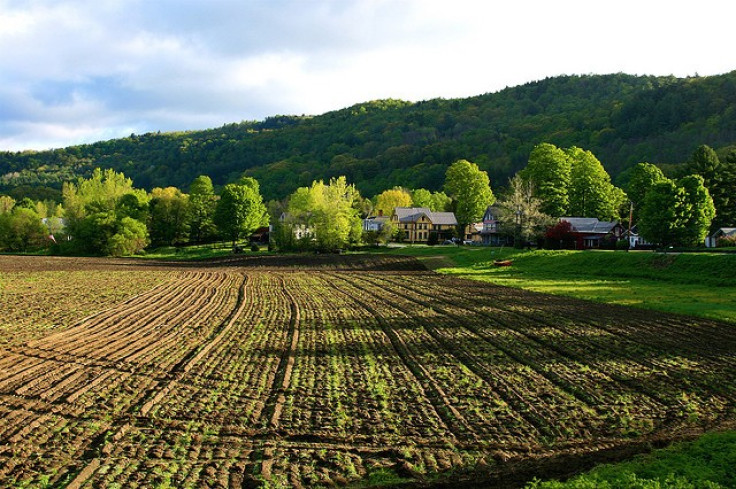Native Tribes Key to US Adapting to Climate Change, Scientists Claim

The US farming community must learn from native tribes if they are to adapt to climate change, experts have warned.
Researchers from Dartmouth College, New Hampshire, have said native tribes' traditional knowledge will help the country to become sustainable.
The research, published in the journal Climatic Change, said that the US must learn from New England's Native tribes' methods of sustainable farming, forestry, hunting, as well as land and water management.
This way of life was devastated with the arrival of European colonists in the 1600s, who forced many of the native people into slavery.
A recent report by the Intergovernmental Panel on Climate Change said scientists are almost certain the dominant cause of global warming is caused by mankind.
Thomas Stocker, the other co-chair of Working Group I, said: "Continued emissions of greenhouse gases will cause further warming and changes in all components of the climate system. Limiting climate change will require substantial and sustained reductions of greenhouse gas emissions.
Ecological degradation
"Global surface temperature change for the end of the 21st century is projected to be likely to exceed 1.5°C relative to 1850 to 1900 in all but the lowest scenario considered, and likely to exceed 2°C for the two high scenarios. Heat waves are very likely to occur more frequently and last longer."
According to the Dartmouth report, traditional knowledge can play a "key role" in developing scientific solutions to the impacts of climate change. "The partnerships between tribal peoples and their non-tribal research allies give us a model for responsible and respectful international collaboration," the authors say.
Before the arrival of the colonists, forests rich in animal and plant resources covered more than 80% of New England. "But when indigenous communities were decimated by disease and eventually alienated from their known environments, land tenure innovations based on deep, local ecological knowledge disappeared," the researchers said.
"Colonists, and their extractive systems aimed at key animal and plant species, became the new shapers of cultural landscapes. Rapid ecological degradation subsequently ensued, and New Englanders created a difficult project of stewarding a far less resilient landscape without help from indigenous land managers who would have known best how to enact ecological restoration measures."
The researchers conclude that sustainable fishermen, farmers and land managers must play key roles in devising strategies to adapt to climate change.
© Copyright IBTimes 2024. All rights reserved.







